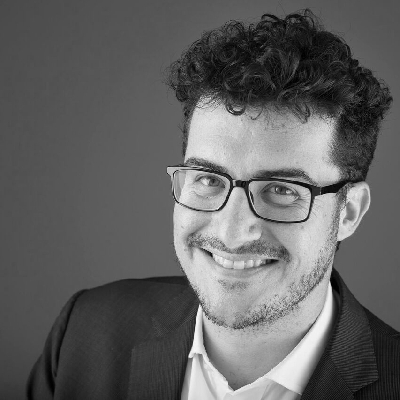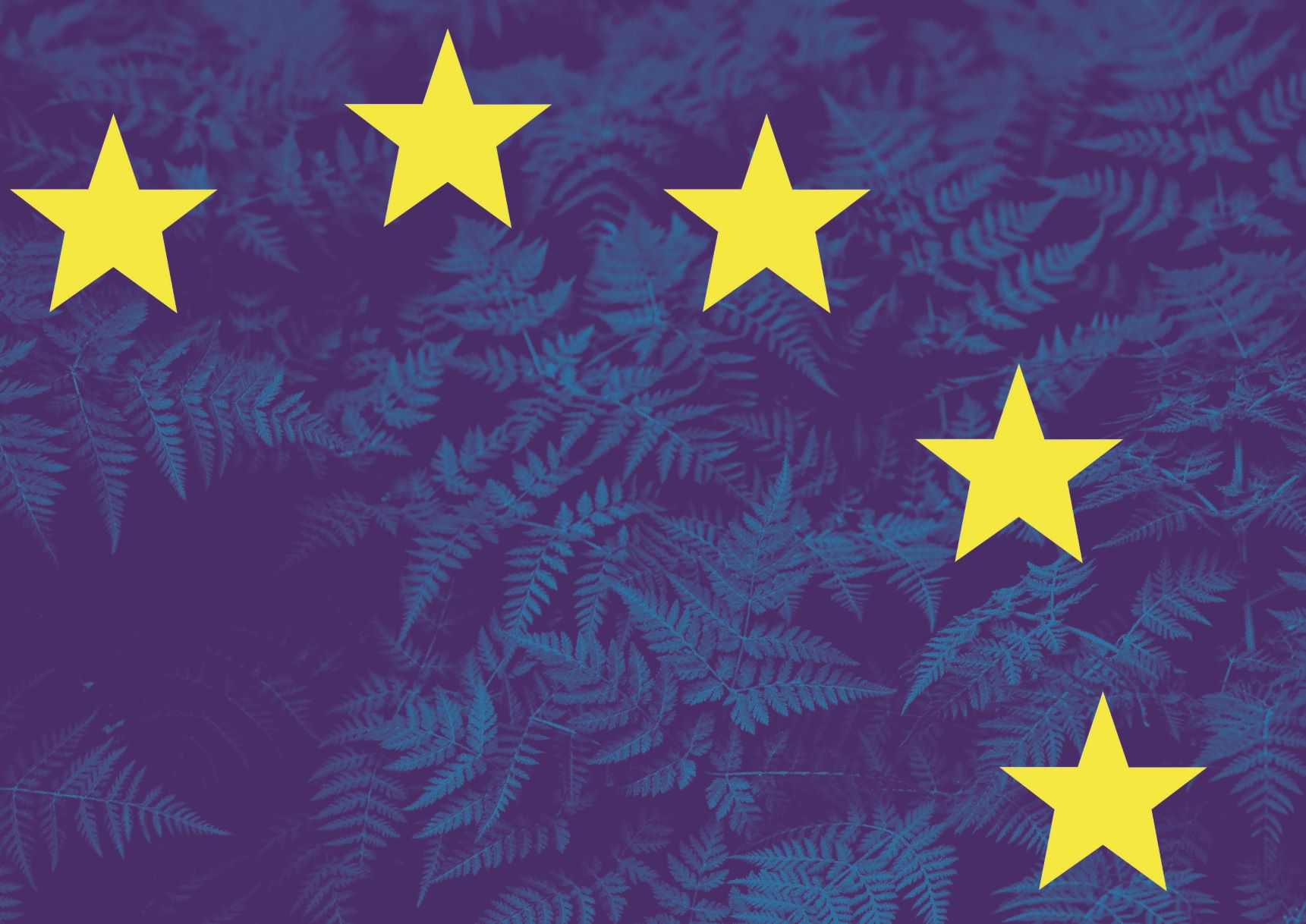The Ventotene Manifesto, penned by Altiero Spinelli and Ernesto Rossi, two of modern Europe’s founding fathers, and the Paneuropa document, written by Richard Nikolaus of Coudenhove-Kalergi, defined a vision of a unified, federalist Europe, founded on the concepts of peace and Kantian freedom and the institutional theory of Hamiltonian federalism. This vision itself was founded on the ideas of equality and inclusive and sustainable development that captivated figures who went on to become pillars of European and global history: Erasmus of Rotterdam, Giuseppe Garibaldi, Claude Henri de Saint-Simon, Carlo Cattaneo, Thomas Mann, Sigmund Freud, Rainer Maria Rilke, Miguel de Unamuno, Ortega y Gasset, Konrad Adenauer, Robert Schuman, Alcide De Gasperi, and Winston Churchill. Great minds who helped define the foundational pillars of the Europe we can all be proud of today.
Meanwhile, a new pillar will help Europeanism face the challenges of the 21st century: the European Green Deal. If in the past Europe has sacrificed the environment and people’s health in the name of well-being and prosperity, the modern European Union is founded on a new vision of development that hinges on decarbonisation, circular economy, the protection of biodiversity, regenerative agriculture and industry, green cities, and low-emission mobility. Development must go hand-in-hand with civil rights, inclusivity, and gender equality.
A green vision of Europe
Thus, we decided to devote an issue to this vision of Europe, bringing together a chorus of voices, ideas, and projects that map the dynamic green transition in all EU countries. The examples we collected were so many that instead of an issue of Renewable Matter, we could have filled volume after volume.
From NextGenerationEU to the Circular Economy Action Plan, via directives like Farm2Fork or the EU Climate Law, a hive mind made up of scientists, politicians, journalists, researchers, businesses, and activists has contributed to defining this new vision of Europe through research, politics, innovation, finance, and civil life, which involves all citizens. A vision of development for a new economy that can overcome the Covid-19 pandemic, the energy crisis, and the instability created by the Russian invasion of Ukraine, going beyond the hypercapitalist vision of the United States and the excessively centralised decision-making of China. Thanks to the Green Deal, Europe is becoming an increasingly desirable role model, a political inspiration, and a project to be replicated.
Overcoming barriers
To face the immense environmental and social challenges ahead, today, there is a need for more federalism and cooperation, less nationalism and isolationism. From the emergence of a new pan-Africanism to a Latin American alliance, or even to a pan-Asian and pan-Oceanic vision. There is a need for political ideas that help overcome barriers and support the implementation of major international treaties like the Paris Agreement on climate and the Kunming-Montreal Agreement on biodiversity.
As a geographer would say, the goal is to eliminate as many borders as possible from the map – one day. Self-imposed differences of post-Westphalian states, a relic of the nationalist era, which annihilated peoples and landscapes and suppressed the ideal of one humanity in harmony with the planet.
Now, the most visionary minds speak of a neo-globalism based on a shared Green Deal that will lead us to an era without populisms, free from the yoke of fossil fuels, beyond the biodiversity and pollution crises, the result of an international Just Transition. It might take a century, as long as it took Europe to be born, and the crisis - environmental, rather than military - will be inevitable. But this idea has started to take root. And it’s nice to think that Europe still has a lot to give in this regard, despite the spreading of reactionary, negationist, and conservative ideas.
The European Green Deal and the global movement for climate and the environment are the best intellectual seeds available today. Let’s work to make them blossom!
Image: Teemu Paananen (Unsplash)



